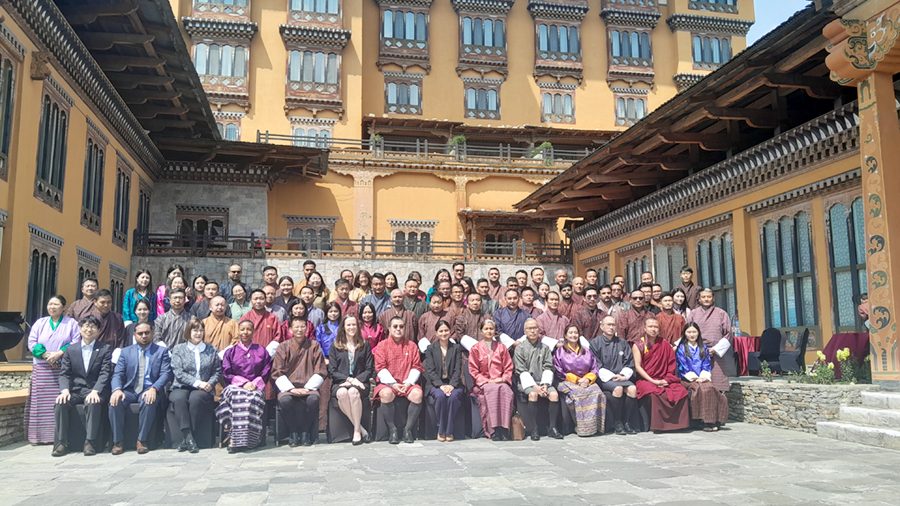
Doctors, among all staff in the healthcare system, are reported to have the highest dissatisfaction in balancing patient care and administrative duties. This is according to the Ministry of Health’s Service Delivery Indicators or SDI Health Survey, launched yesterday in the capital. The survey, the first of its kind in the South Asia Region, offers a detailed assessment that helps identify what is working well and what needs attention in healthcare service delivery.
According to the SDI Health Survey, 85 per cent or more healthcare providers are satisfied with factors like decision-making freedom at work, relationships with co-workers, meaningfulness of their job, supervision, and work content.
However, they reported the least satisfaction with their workload balance.
On average, 19 per cent of healthcare providers were happy with managing clinical and administrative work. Doctors had the lowest satisfaction rates among all staff in nearly all aspects.
In addition, the survey found that almost 25 per cent of the healthcare providers were found to be on approved leave, resulting in less time for patient care.
“They were not in the health facility, but they were in the Outreach Clinics or ORC. So, that is expected and is by design. But it is because of this very reason we are posting a minimum of three health workers by standard, most of the health facilities should have at least two at any point in time. That is why even if one moves for such cases as ORC or for attending workshops or training, one should be continuously there to attend to the emergency. So, that is the sole goal,” said Mongal Singh Gurung, head of research and information at, Department of Policy and Planning.
In addition, one major issue highlighted in the survey is the frequent disruption of electricity and water in many health facilities.
There were significant disparities in the duration of electricity interruptions across facilities ranging from as short as five minutes to as long as nine days.
The survey revealed that only 11 per cent of the health facilities experienced uninterrupted electricity over a three-month period.
Given the reliance of the new ePIS system on electricity, the ministry finds the urgency of addressing these issues.
“Now, with this SDI survey, we have a concrete figure on how many and what is the magnitude of the problem. But having said that, the ministry is in preparation for the ePIS rollout. We also have support from our development partner. We have mobilised some solar backup systems. So, I think next one to two years, again, that should be solved,” added Mongal Singh Gurung.
Meanwhile, the survey found that about 95 per cent of the Bhutanese patients are satisfied with their primary health care.
Similarly, they were least satisfied with the wait and travel time.
Funded by the Government of Japan and the Global Fund, the survey was jointly conducted by the World Bank, Health Ministry and the Khesar Gyalpo University of Medical Sciences of Bhutan partnership.
The survey, conducted from May 2022 to February 2023, covered 277 healthcare facilities and interviewed 665 healthcare providers and 1,702 patients.
Singye Dema
Edited by Sonam Pem








